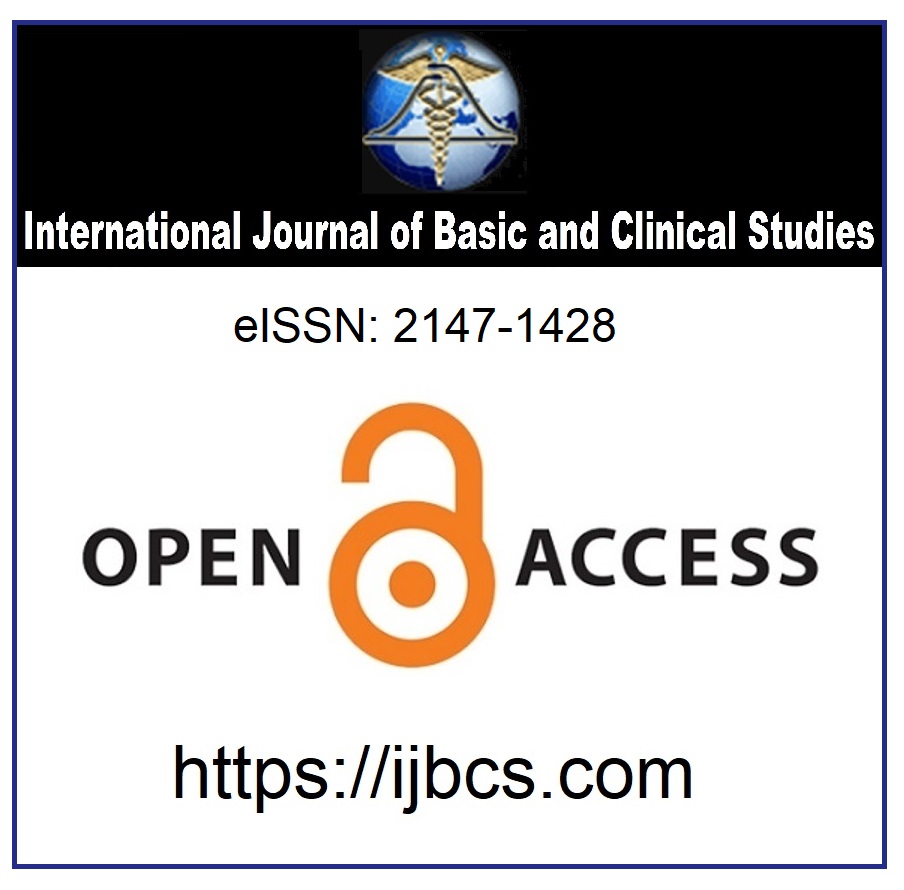Eating Disorders: Binge Eating and Nutritional Treatment
Keywords:
Eating disorders, Binge eating, Nutritional treatmentAbstract
The etiology of eating disorders is complex and appears to include many factors. Eating disorders are common in the general population, more common in women than men, and more common in Western countries than in Asian countries.
Biological causes include genetic predisposition for development of eating disorders. Familial transmission has been established, and most implicated genes are within biological systems that govern food intake, appetite, metabolism, mood, and reward-pleasure responses. Surveys assessed personal, behavioral and socio-environmental factors hypothesized to be of relevance to obesity, in addition to height and weight. Binge eating, and therefore the functionality of binge eating disorders, is motivated by the desire to escape from self-awareness. Food provides an immediate stimulus that lowers the level of self-awareness. Eating disorders were frequently followed by psychological comorbidities. Psychological stress may be associated with the development of binge eating.
The role of psychological functioning in maintenance or change of body weight over time may be different for male and females. Binge eating is an eating disorder per se and therefore it is important to treat it before the person starts weight reduction treatment. The process of the treatment of severe eating disorders, for most patients, is a difficult one. The most treatment program include individual therapy, family therapy, group therapy, nutritional counseling, and exercise counseling.
Some nutrition department offers nutrition therapy for those suffering from eating disorders and/or disordered eating. Especially establishment of nutritionally sound eating (establishment of recommended content and quantity of food), and promotion of successful recommended meal plan. Dietitians provide nutrition education, plan and prescribe meals for patients, and measure energy intake on a daily basis. People with binge eating disorder should get help from a health professional such as a dietitians, psychiatrist, psychologist, or clinical social worker.
Downloads
Published
How to Cite
Issue
Section
License
Copyright (c) 2013 By the Authors.

This work is licensed under a Creative Commons Attribution 4.0 International License.



